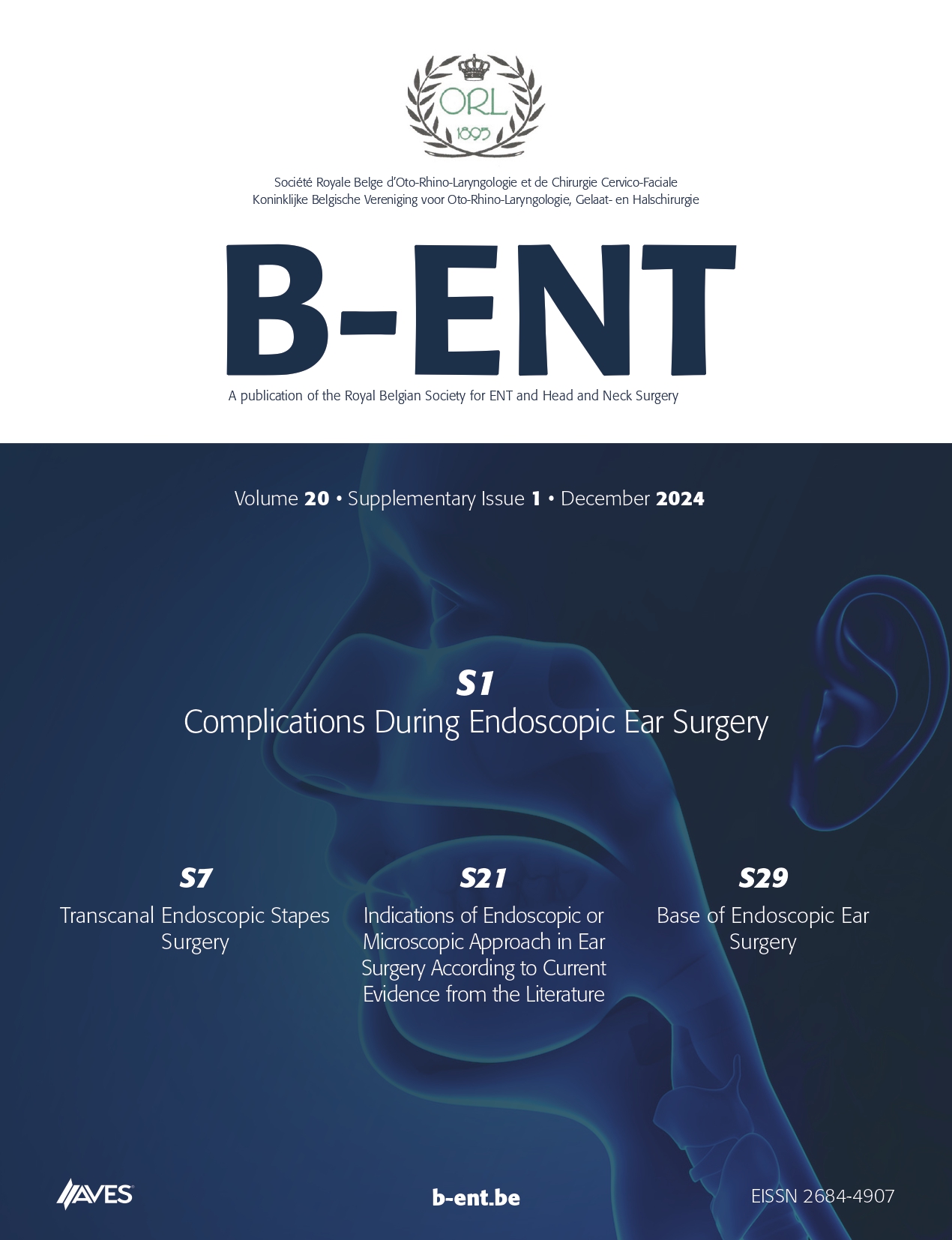Knowledge of primary care doctors about laryngopharyngeal reflux disease. Objectives: Many patients with reflux disease present with atypical symptoms (globus pharyngeus, constant throat clearing, chronic cough, hoarseness, catarrh, dysphagia, halitosis, choking episodes, or asthma-like symptoms) due to laryngopharyngeal reflux (LPR). Because such patients can be easily misdiagnosed, doctors in primary care should be aware of LPR and its proper treatment. This study aimed to determine whether doctors working in the primary care setting are aware of the atypical manifestations of reflux and the differences in treatment between LPR and gastroesophageal reflux disease (GERD).
Methodology: This study was conducted among primary care doctors referring to the Ear, Nose, and Throat department of Karditsa (Greece) General Hospital. A questionnaire regarding the clinical manifestation and treatment of GERD and LPR was supplied to 60 doctors working in the primary care setting of Karditsa prefecture.
Results: Fifty-one doctors returned the questionnaire. Twenty-three (45%) were acquainted with the entity of LPR and 8 (15.7%) were acquainted with the Reflux Symptom Index (RSI). The most common symptoms, for which proton pump inhibitors (PPIs) were prescribed, were: heartburn (76.5%), heartburn combined with other symptoms (17.6%), halitosis (1.96%), hoarseness (1.96%), and choking episodes (1.96%). Most of the surveyed doctors prescribed PPIs for fewer than 12 weeks (92%), once daily (70.6%), and preferably in the morning (50%). Forty-seven (92%) provided advice regarding lifestyle modifications.
Conclusion: The majority of surveyed doctors were unaware of LPR or the RSI. More awareness is required in the primary care setting to recognize LPR early and treat it properly.



.png)
